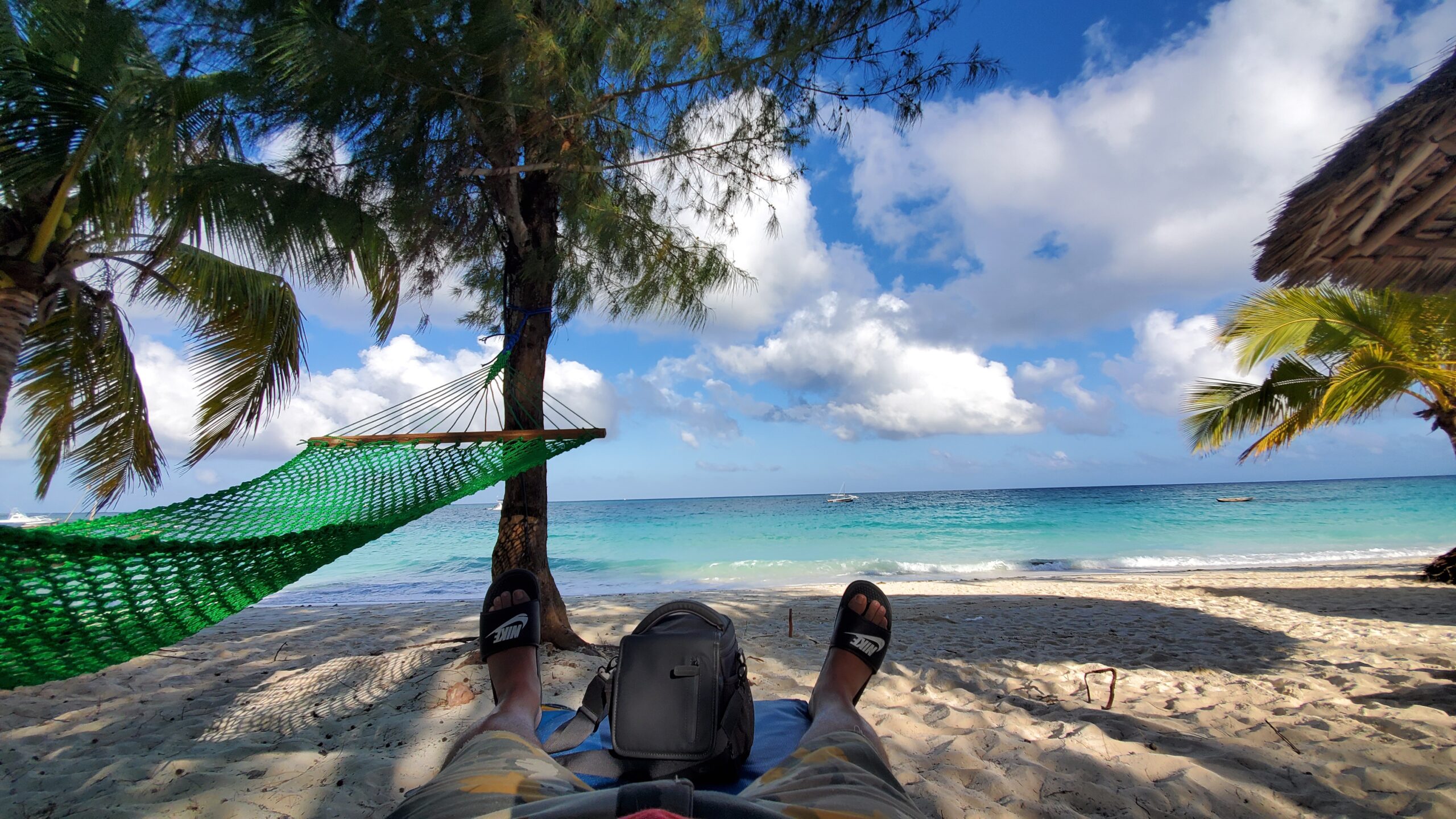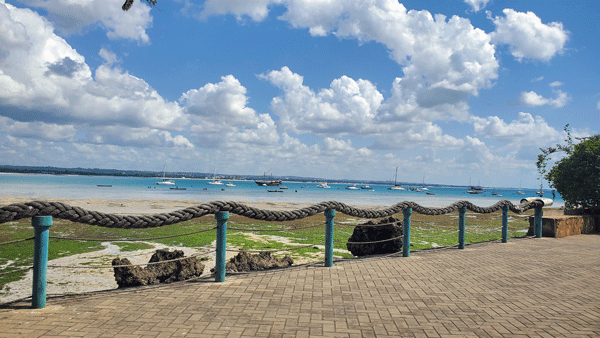Tanzania
Tanzania is a beautiful Country located in East Africa. The Indian Ocean borders the East of the Country. The water is often a Pristine Blue Color. You can even visit the Island of Zanzibar with the waters are even more beautiful. Tanzania also has the Highest Mountain in Africa. Mount Killamanjaro. It’s also a great place to go on a Safari. They have the Big 5 there.

Tanzania: A Land of Natural Wonders and Rich Cultural Heritage
Tanzania, officially known as the United Republic of Tanzania, is a country located in East Africa. It is bordered by Kenya to the north, Uganda to the northwest, Rwanda, Burundi, and the Democratic Republic of the Congo to the west, Zambia, Malawi, and Mozambique to the south, and the Indian Ocean to the east. Covering approximately 947,300 square kilometers, Tanzania is a land of diverse geography, rich cultural heritage, and abundant wildlife.
Geography and Climate
Tanzania’s landscape is characterized by stunning natural features, including the iconic Mount Kilimanjaro, the highest peak in Africa. The country is also home to the Great Rift Valley, which hosts several large lakes such as Lake Victoria, Lake Tanganyika, and Lake Nyasa. Additionally, Tanzania boasts vast plains like the Serengeti, dense forests, and tropical beaches along its coastline.
The climate in Tanzania varies depending on the region, with coastal areas experiencing hot and humid conditions, while the central plateau is generally cooler and drier. The highlands, including Mount Kilimanjaro, can experience freezing temperatures. Tanzania has two rainy seasons: the long rains from March to May and the short rains from November to December.
Wildlife and Biodiversity
Tanzania is renowned for its extraordinary wildlife and biodiversity. The country is home to numerous national parks and conservation areas that protect a wide array of flora and fauna. Among the most famous are the Serengeti National Park, known for the annual Great Migration of wildebeest and zebras, and the Ngorongoro Conservation Area, which houses the Ngorongoro Crater – an immense volcanic caldera teeming with wildlife.
In total, Tanzania is home to more than 430 species of mammals, including the African elephant, lion, leopard, buffalo, and rhinoceros – collectively known as the “Big Five.” Tanzania’s national parks and conservation areas provide critical habitats for these animals, as well as numerous bird species, reptiles, and plants.
Culture and People
Tanzania is a culturally diverse nation with more than 120 ethnic groups, each with its unique traditions, languages, and customs. The official languages of Tanzania are Swahili and English, with Swahili being the most widely spoken. The country’s rich cultural heritage is reflected in its vibrant music, dance, and art scenes.
The majority of Tanzanians practice Christianity or Islam, with a smaller number adhering to traditional African religions or other beliefs. Religious tolerance and peaceful coexistence are essential aspects of Tanzanian society.
Economy and Tourism
Agriculture is the backbone of Tanzania’s economy, employing the majority of the population and contributing significantly to the country’s GDP. The main exports include coffee, tea, cotton, cashew nuts, and tobacco. Tanzania also has abundant natural resources such as gold, diamonds, and tanzanite – a rare gemstone found only in the country.
Tourism is a vital sector of Tanzania’s economy, attracting visitors from around the world to experience its breathtaking landscapes and wildlife. Popular tourist destinations include the Serengeti National Park, Ngorongoro Conservation Area, Mount Kilimanjaro, Zanzibar – an archipelago off the coast known for its pristine beaches and historic Stone Town, and Selous Game Reserve – one of the largest protected areas in Africa.
Conclusion
Tanzania is a land of natural wonders, diverse wildlife, and rich cultural heritage. From the majestic Mount Kilimanjaro to the vast plains of the Serengeti, Tanzania offers a unique and unforgettable experience for travelers and nature enthusiasts alike. The country’s commitment to conservation and sustainable tourism ensures that its natural beauty and cultural heritage will be preserved for future generations to appreciate and enjoy.



